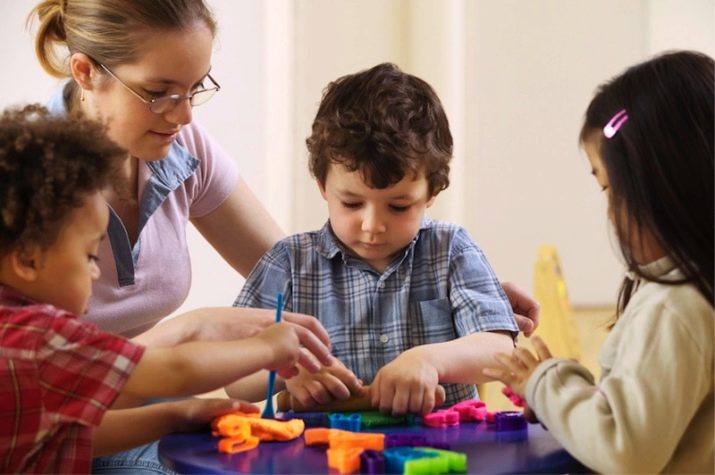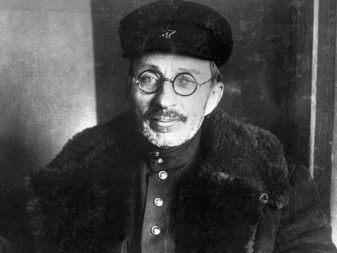Moral behavior: features of formation

The emergence and consolidation of moral norms can be traced back to prehistoric times. Its standards and samples originated in the distant past. Despite the fact that primitive man acted, first of all, from selfish motives, trying to find food, seize profitable territories, survive in difficult natural conditions, even then the desire for social cooperation was obvious.
As a result, the emergence and approval of a humanistic strategy of behavior developed as a result of active interpersonal cooperation with group members.

Peculiarities
Of course, at the dawn of the emergence of motives that determine the behavior of an individual, there were still mundane life and material benefits. However, the community, and after it the morals, progressed rapidly, pushing any of the participants to complete adaptation in the team, building long-term humanistic relationships.
Moral norms of behavior are fixed in the minds of people to such an extent that they are no longer a forced survival tactic, but generally recognized motives for human behavior, an emotional need. The norm becomes:
- moral and emotional sympathy for one's neighbor;
- compassion;
- readiness to always come to the aid of those in need.

A person who spiritually and physically supports the members of his community could himself count on the same attitude, thanks to which community bonds were strengthened, and the resistance of the group to various negative influences increased.
Shaping Moral Behavior Today
If you look closely at the technical subtleties of the education of a modern person, you can see the echoes of the first steps of mankind on the path of the formation of morality. Already in a preschool institution, children quickly master the elementary norms of behavior in a group, on the basis of trial and error, they learn to follow them in a variety of situations. In the conditions of primary school, moral education is given paramount attention.
A long stay in a group of their own kind, strict discipline enhance the content side of such a concept as "internal position".

A schoolchild who is in daily contact with a large number of peers and teachers reaches a new level of control over his behavior, when each erroneous action begins to seem unacceptable, upsetting teachers, friends and comrades. Understanding the high value of moral behavior results in a set of actions that implement ideas:
- love;
- freedom;
- of good;
- justice.
The team gently but persistently leads each of the students to:
- rejection of immoral behavior;
- denial of hatred and destructive acts.


A high-willed attitude, as well as an acceptable moral level, are generously rewarded with universal sympathy, reinforcing spiritual aspirations.
Who is a moral person?
What is moral behavior in today's highly competitive society? It is hardly necessary to consider this concept as a complete rejection of oneself and one's own interests. But it can be said for sure that a highly moral person is definitely deprived of gross egoism, arrogance and greed. Such an individual seeks the benefit of others, thinks about the good for the whole society. By showing altruism, this person deprives manipulators of the ability to control themselves.
Good deeds, humane attitude save lives in the literal sense. A hot conscience and lofty ideals do not allow evil to extinguish the faith in the bright future of mankind, which is present in each of the people from birth.

Looking at a highly moral “good” person, it may seem to many that this is a kind of gift from above. However, there are many examples when purposeful work on oneself, one's worldview and mistakes led to outstanding results.
Conscience and morality must be developed. Rejection of base motives, following high ideals invariably transforms a person.
good example
An active principle, a powerful will, striving to transform a person for the better - these are the components that can work wonders. The clearest example is the activity of the outstanding teacher Makarenko, who managed for several years to "forge" from a group of juvenile delinquents and vagrants with a certain "thieves' face" a brilliant team that strictly keeps all members of the community within the framework of high moral behavior. The factors that pushed them to bad deeds are the regulator of behavior.
Yesterday’s bandit, who robbed on the road, getting into this team, after a few days was transformed both externally and internally, feeling with all his cells the “magic” effect of discipline, aspirations for a better life, high moral principles and the will to win over poverty, decay and base instincts.


A sense of responsibility, spirituality and morality should be instilled in a person from childhood. At this time, the basis of etiquette is also instilled. The structure and methods of educating a personality are different for each parent, but the forcible imposition of these concepts is unacceptable. You learned the main criteria from this article.
On the problems of spiritual and moral education, see the following video.




























